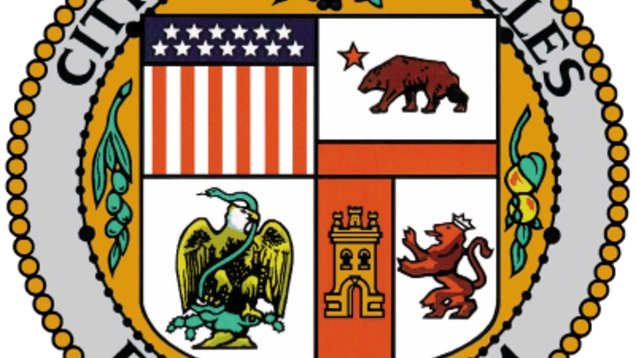
For years, Los Angeles has struggled to meet the needs of our unhoused population while also protecting the rights of all members of the public to use public property, including safe and unobstructed sidewalks. Here in Council District 2, over the last 14 months alone, we have created interim housing to accommodate 800 people -- enough to shelter every person who was living unsheltered on the streets in my District as of the last count. We also created the citys first homeless services navigation center, making counseling, hygiene, job referral, housing placement, and storage readily accessible to people experiencing homelessness.Nevertheless, street encampments have increased dramatically in size and number, in this district and around the city. The Los Angeles Homeless Services Authority (LAHSA) and others (including my staff) have visited every homeless encampment in the district many, many times to offer our unhoused neighbors supportive services and interim housing. Yet many have not accepted those offers, and encampments remain even while shelter is available.
The City was left with too few tools to maintain its public spaces. Section 41.18 of our Municipal Code, which prohibited sleeping or camping on a public right-of-way, was rendered unenforceable by a series of court decisions, barring the city from enforcing that law.
On Wednesday, July 28, the City Council passed an ordinance I co-authored, replacing the unenforceable version of Section 41.18 with a more humane and effective approach for the City to address the needs and rights of all Angelenos. The new ordinance does NOT criminalize homelessness or eliminate all sleeping in public places. It DOES enable the City to shut down encampments that are particularly dangerous for the unhoused and the surrounding community due to a history of serious crime, fires and other factors. The ordinance also allows the Council to restrict encampments, by location-specific resolutions, around schools, parks and daycare centers. The ordinance also prohibits encampments in locations that block access to fire hydrants, loading docks, driveways, wheelchair ramps and business entrances, or that make sidewalks inaccessible for the mobility-impaired.
This ordinance will not end homelessness, but it will ensure that the City can begin to restore order to our streets and also protect the unhoused from especially hazardous circumstances. At the same time, the City is developing a robust street engagement strategy to assist our unhoused neighbors in moving from the street to our expanding supply of interim and permanent housing options, and accessing the other services that can break the cycle of homelessness and save lives.
The Mayor has signed the new ordinance, which will take effect at the end of August.